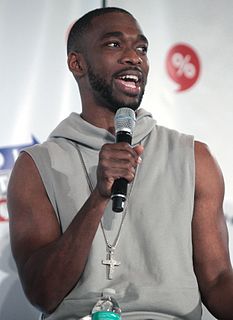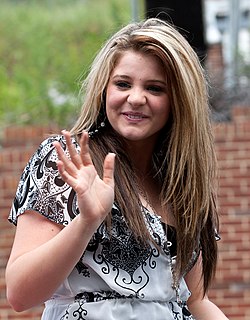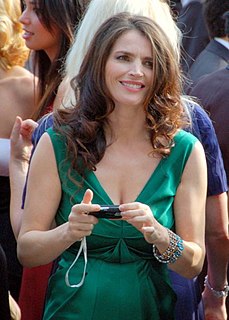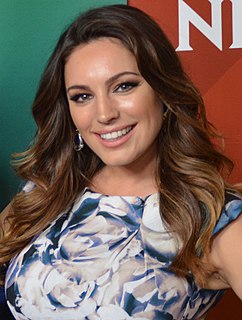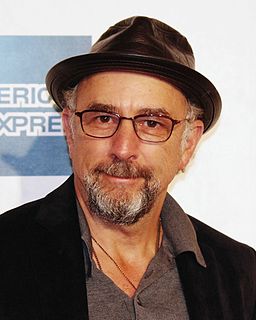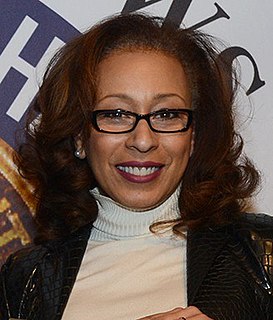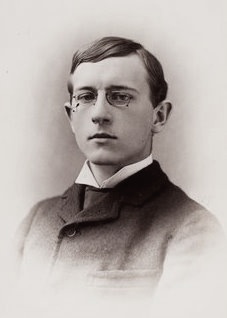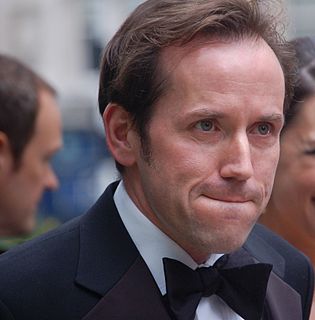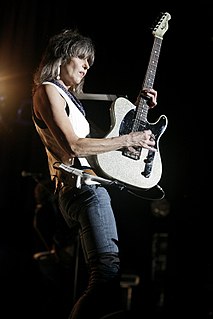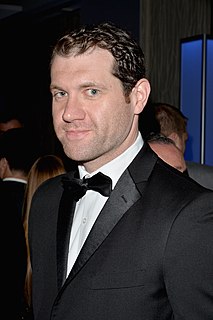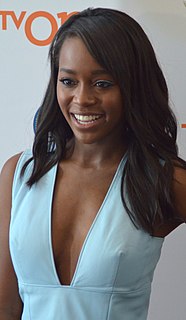A Quote by Jay Pharoah
In the clubs, it's all out and you can say whatever as the character. TV has standards.
Related Quotes
We used to have adults who set standards, moral standards, cultural standards, legal standards. They were better than we were. They gave us something to aspire to. They were people that we described as having dignity and character. That's all gone now, particularly the upper levels of the Democrat Party. There isn't any of that kind of decency, dignity, character, morality.
Whatever character you play, whatever film it is, whatever story it is, for me, in my training it's always something that gives you a layered character, it's understanding the secret of that character, and so whatever comes up as "Oh, I thought that person was that," you are always carrying that within you. So actually what you're playing all the way through is both and it's just what comes out in the scene or the circumstance.
Playing a TV character for seven years is almost like when you do a play. You live, breathe, and everything else with that character 24-7 for six months or four months or whatever, and that gets very deep in your blood. When you do a TV character for seven years, that's a long time. It becomes a seminal era in your life.
By TV standards - I'm not comparing it to manual labor by any means - by TV comedy standards, it is the hardest job I will ever, ever have. There is nothing that could be harder. I mean, when you combine the amount of writing that has to be done - sharp writing - with the fact that you then take it to the street and improvise with both celebrities who have no idea what's going to happen and real people who are not actors or comedians who don't even know I'm about to talk to them... It's lightning in a bottle every time.
